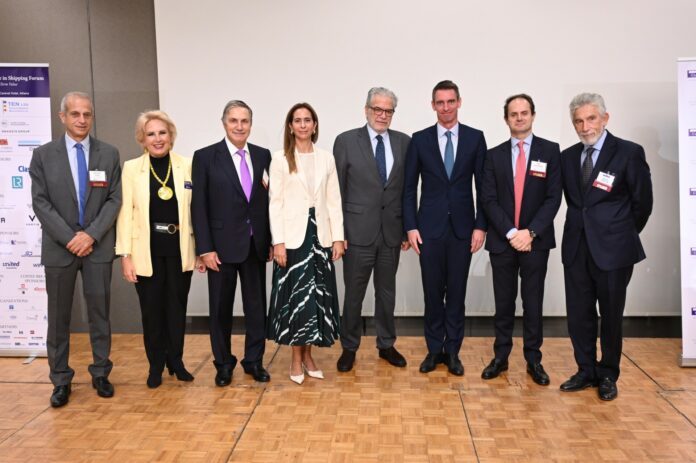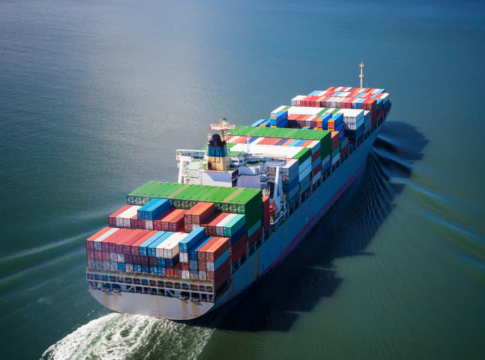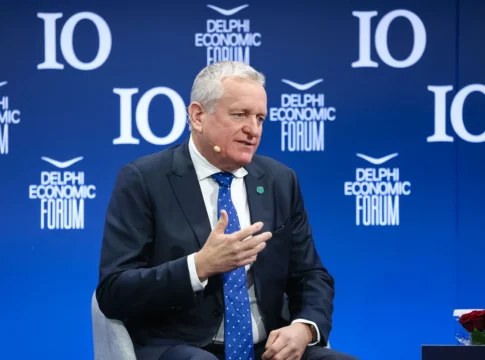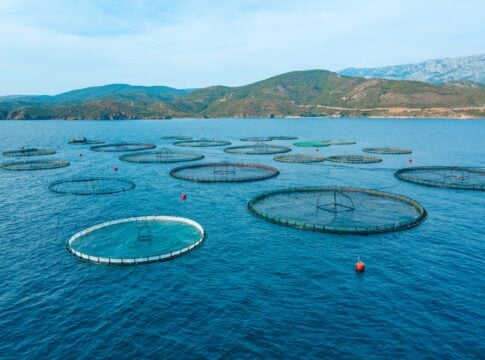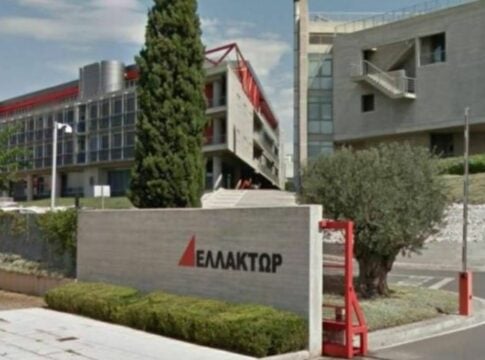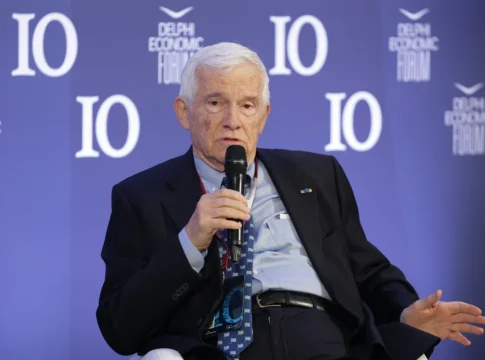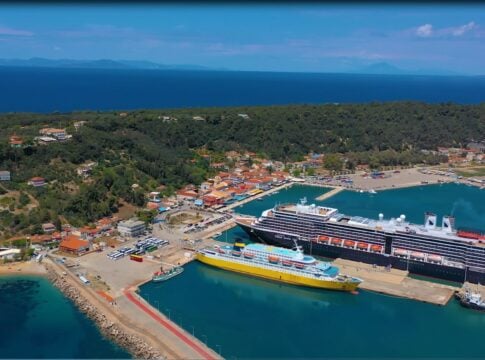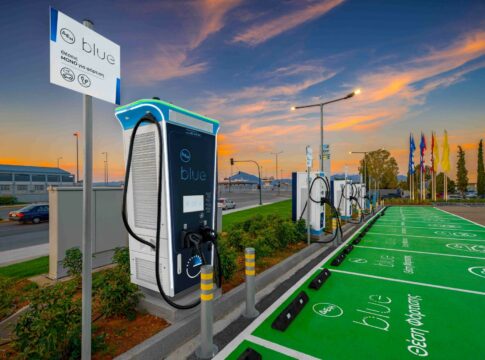Antonis Papadimitriou, president of the Onassis Foundation and member of the Board of Directors of the Global Maritime Forum, addressed the major dilemmas of shipping companies regarding investments in new ships, which will respond to the green transition, speaking at the 13th annual Capital Link Maritime Conference, held in Athens.
“At the Onassis Foundation we have undertaken the implementation of the promise of net zero by 2050. But I am sure that we are not the only ones who have not decided what kind of fuel we will use on our ships. And we don’t know what cargo our ships will carry in 2030. Coal, oil and LNG is the bulk of the cargo we carry. If we are to transport ammonia, methanol, CO2 or something else, someone must let us know,” he noted.
“We hear a lot about ammonia, methanol, nuclear, fuel storage & capture, hydrogen. None of these actually offer today anything that shipowners, their bankers and their investors can adopt as a realistic prospect. We will have to wait a few years to see how these technologies will develop. In the meantime, investment decisions must be taken immediately, even if the decision is not to invest,” he noted and called on the shipping industry and especially Greek shipowners to join forces.
The new Minister of Shipping, Christos Stylianidis, stressed the importance of close cooperation in dealing with the challenges shipping is facing: “I am sure that we all agree that we need efficient, sustainable and thriving shipping. In Greece. In Europe. In the world. To this end, we must remain united and work closely together.”
The minister focused on four key issues to ensure the sustainability of the shipping sector and the challenges that need to be addressed. He referred to decarbonization, governance, finance, but also geopolitical developments.
Regarding the issue of financing, the minister underlined: “There is no doubt that these investments are costly, since they concern the strengthening of energy efficiency, the reduction of marine pollution, but also the installation of innovative technological equipment or the construction of ships with innovative design and systems.”


